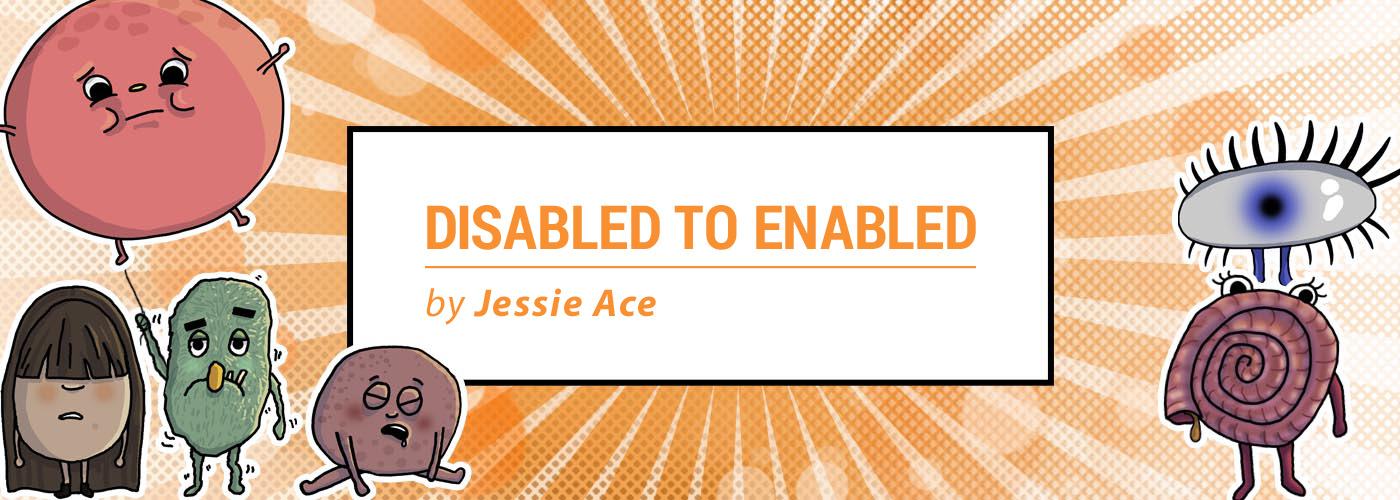3 Techniques to Help You Overcome Anxiety and Stress
Written by |

Bookmark this page! Why? Because in this column, I’ll give you three techniques to help manage your anxiety.
Anxiety and stress are unhelpful for anyone’s mind or body, particularly with a chronic illness like multiple sclerosis.
Feeling anxious or stressed is our brain’s mechanism to prepare the body for a potentially harmful threat. The brain releases a surge of chemicals to prepare the body for going into what’s called a “fight-or-flight” response. This response is meant to save our life when we are in danger.
However, most of the time, we’re not actually in physical danger. Rather, the danger is perceived. So how do we override this response by the brain and reduce anxiety? We must change our way of thinking and our physiology.
What effect does anxiety have on our bodies? The released chemicals change our physiology. Blood vessels tighten, our heart pumps faster, and breathing is shallower, to name a few.
How does anxiety affect someone with MS? Stress makes our bodies work harder, increasing fatigue and exacerbating other symptoms.
Here’s how we hack our brain to avoid this:
- Question whether the thing you’re anxious about is in your control. Most often, we don’t have control over the things that are worrying us.
I know that when I was a newly diagnosed 22-year-old with MS, I used to worry like crazy about the future and what my life would be like with this illness.
Did worrying about my future at the time help? Nope! Did it make my anxious state almost unbearable? Yep.
The only thing you can control are the actions you take today to create a better tomorrow.
That is why it is so important to do things like getting in the routine of a healthy diet for MS and exercising today so you can be healthier tomorrow.
Here is a video I made to help explain what I mean: https://mmini.me/areweincontrol
- Use a breathing technique to override the brain’s fight-or-flight response. Breathing is super important for relaxing the body and cutting down those chemicals released by the brain. Breathing deeply sends more oxygen to the brain via the bloodstream. It pretty much tells your mind to calm down and chill out.
Also, if you find yourself too anxious to sleep or you are struggling with insomnia, this is a great technique to try.
Here is a video I made to explain more: https://mmini.me/Breathing
- Reduce anxiety by naming five things around you. This is simple but effective. Why the heck does it work? Because it focuses your brain on what’s happening in the present. Naming the things around you also changes what’s going on in your brain. The left side of your brain, which is responsible for logic and reasoning, gets drowned out by the right side, which is the imaginative, creative, and emotional side.
In essence, naming the things around you drives focus to the left side of your brain and cancels out the imaginative/emotional response that can run away with us and create scenarios in our minds of things that might happen.
Who has caught themselves thinking something like, “If I do this, then that might happen, and what if that went wrong? What if they don’t like me? What if I didn’t say it right?” Yep, me too.
Here is a video I made to explain more: https://mmini.me/5things
Did that help you to better understand your stress and anxiety so that you can overcome it? Please share how anxiety affects you in the comments below.
***
Note: Multiple Sclerosis News Today is strictly a news and information website about the disease. It does not provide medical advice, diagnosis, or treatment. This content is not intended to be a substitute for professional medical advice, diagnosis, or treatment. Always seek the advice of your physician or other qualified health provider with any questions you may have regarding a medical condition. Never disregard professional medical advice or delay in seeking it because of something you have read on this website. The opinions expressed in this column are not those of Multiple Sclerosis News Today or its parent company, Bionews Services, and are intended to spark discussion about issues pertaining to multiple sclerosis.



Leave a comment
Fill in the required fields to post. Your email address will not be published.